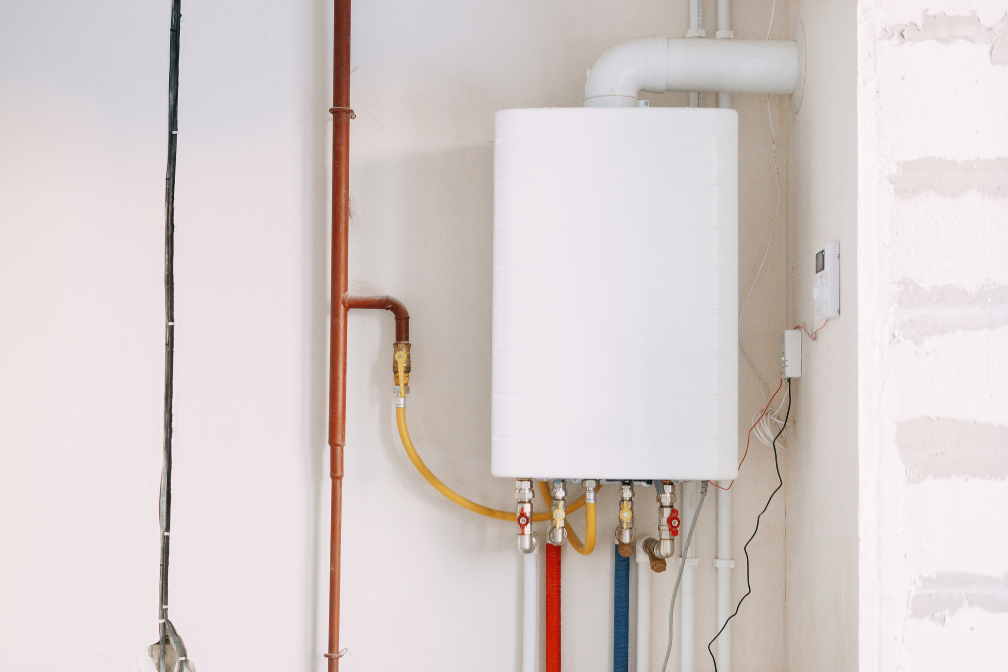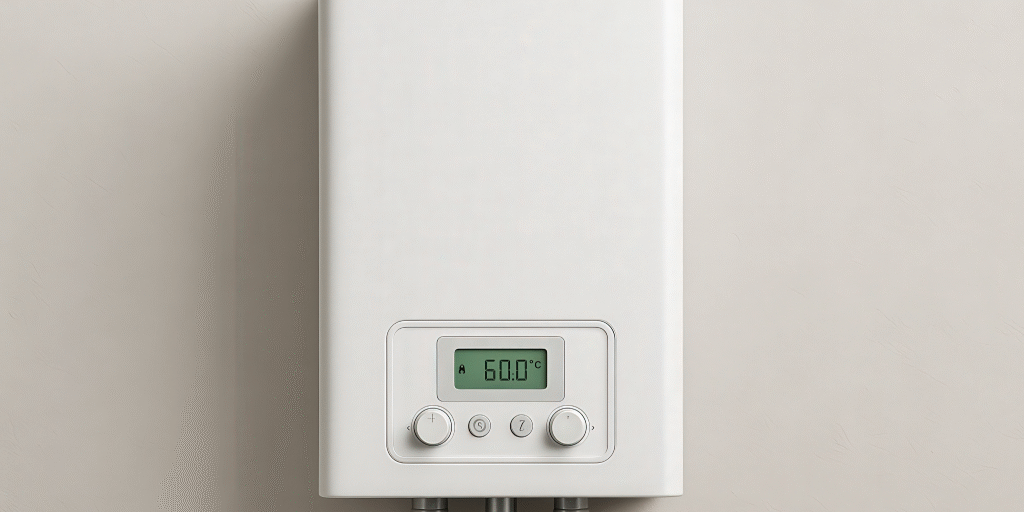When it comes to home heating, your boiler plays a vital role—especially in colder months. But what many homeowners don’t realize is how much money they could be losing due to an outdated or inefficient boiler system. An energy-efficient boiler not only helps reduce your carbon footprint but also delivers substantial savings on energy bills.
In this guide, we’ll explore what makes a boiler energy-efficient, how it impacts your expenses, and why upgrading to one is a smart investment for your home and your wallet.
What Is an Energy-Efficient Boiler?
An energy-efficient boiler is a heating system designed to use less energy to produce the same amount of heat as conventional models. Modern boilers often use condensing technology, which captures and reuses heat from exhaust gases—heat that older models would otherwise lose.
How Boiler Efficiency Affects Your Energy Bills
1. Lower Fuel Consumption
Energy-efficient boilers require less fuel (such as natural gas, oil, or propane) to heat your home to the same temperature. If your old boiler has a 65% efficiency rating, that means it wastes 35% of the fuel. Upgrading to a 95% efficient boiler can cut fuel consumption significantly.
2. Reduced Repair and Maintenance Costs
Older boilers tend to break down more frequently and usually require regular replacement of parts. Repair bills can accumulate quickly, particularly during the winter when the system operates at its highest capacity. Newer high-efficiency models utilize advanced technology to enhance reliability, which helps prevent breakdowns and reduces long-term maintenance expenses.
3. Improved System Longevity
High-efficiency boilers are built with advanced components that experience less wear and tear, translating to a longer operational life. While the upfront investment is higher, the longer lifespan results in a better return on investment.
4. Increased Home Value
Upgrading your heating system boosts your property’s value. Today’s homebuyers often seek energy-efficient features that help them save money over time and minimize their environmental impact. Upgrading to a newer boiler system can make your home more appealing and increase its chances of standing out on the market.
Key Features of Energy-Efficient Boilers
To understand how these systems provide savings, here are some core features found in energy-efficient boilers:
Condensing Technology
Condensing boilers recover and reuse heat from exhaust gases, which older systems release into the atmosphere. This process drastically improves thermal efficiency.
Modulating Burners
These adjust the boiler’s flame size based on the home’s heating needs, rather than turning on and off at full power, which reduces fuel consumption and prolongs component life.
Smart Thermostats and Controls
Modern boilers often integrate with smart thermostats and zone heating systems, allowing you to control heating with precision—down to individual rooms or floors—reducing wasteful energy use.
Sealed Combustion
Many high-efficiency units utilize sealed combustion chambers that draw air from outside, making them safer and more efficient than open systems that draw air from indoors.
Common Types of Energy-Efficient Boilers
1. Condensing Gas Boilers
Homeowners most commonly use this condensing boiler for residential purposes. It is ideal for homes with existing gas lines and offers high efficiency, often exceeding 90%.
2. Oil-Fired Condensing Boilers
These use heating oil and are an option in areas where natural gas isn’t available. Although slightly less efficient than gas models, they still offer notable savings compared to older oil boilers.
3. Combi Boilers
A combination boiler provides both central heating and hot water from a single unit, eliminating the need for a separate hot water tank. Great for smaller homes and tight spaces.
4. Electric Boilers
While not always the most cost-effective due to fluctuating electricity rates, electric boilers can be energy-efficient in well-insulated homes or areas with access to renewable energy sources. 
Factors That Affect Energy Savings
Even the most efficient boiler won’t deliver savings if it’s not properly selected or installed. Consider these factors:
Correct Sizing
Installing a boiler that is either too large or too small for your home can lead to inefficiency and higher bills. A professional load calculation ensures proper sizing for optimal performance.
Installation Quality
Improper installation can reduce efficiency by up to 30%. Always hire a certified and experienced HVAC professional to install your boiler.
Home Insulation
Even the most efficient boiler won’t make up for a home that lacks proper insulation. To maximize the benefits of your system, consider combining it with enhancements like attic insulation and well-sealed windows—this pairing can significantly enhance your overall energy savings.
Regular Maintenance
Annual servicing helps maintain peak efficiency, catch minor issues before they become expensive repairs, and extend the life of your boiler.
Conclusion
An energy-efficient boiler is more than just a modern appliance—it’s a smart financial decision. With lower energy bills, fewer maintenance hassles, and increased property value, the investment pays off in both the short and long term.
And beyond the financial perks, you’ll also be contributing to the reduction of carbon emissions and supporting a cleaner, more sustainable environment.
If you’re still heating your home with an old, inefficient boiler, now is the time to make the switch. Your wallet—and the planet—will thank you.
Looking to upgrade to an energy-efficient boiler?
Get a professional home energy assessment and explore your options today. Contact Patriot Boiler – your local Boiler specialist, to see how much you could save by making the switch!








